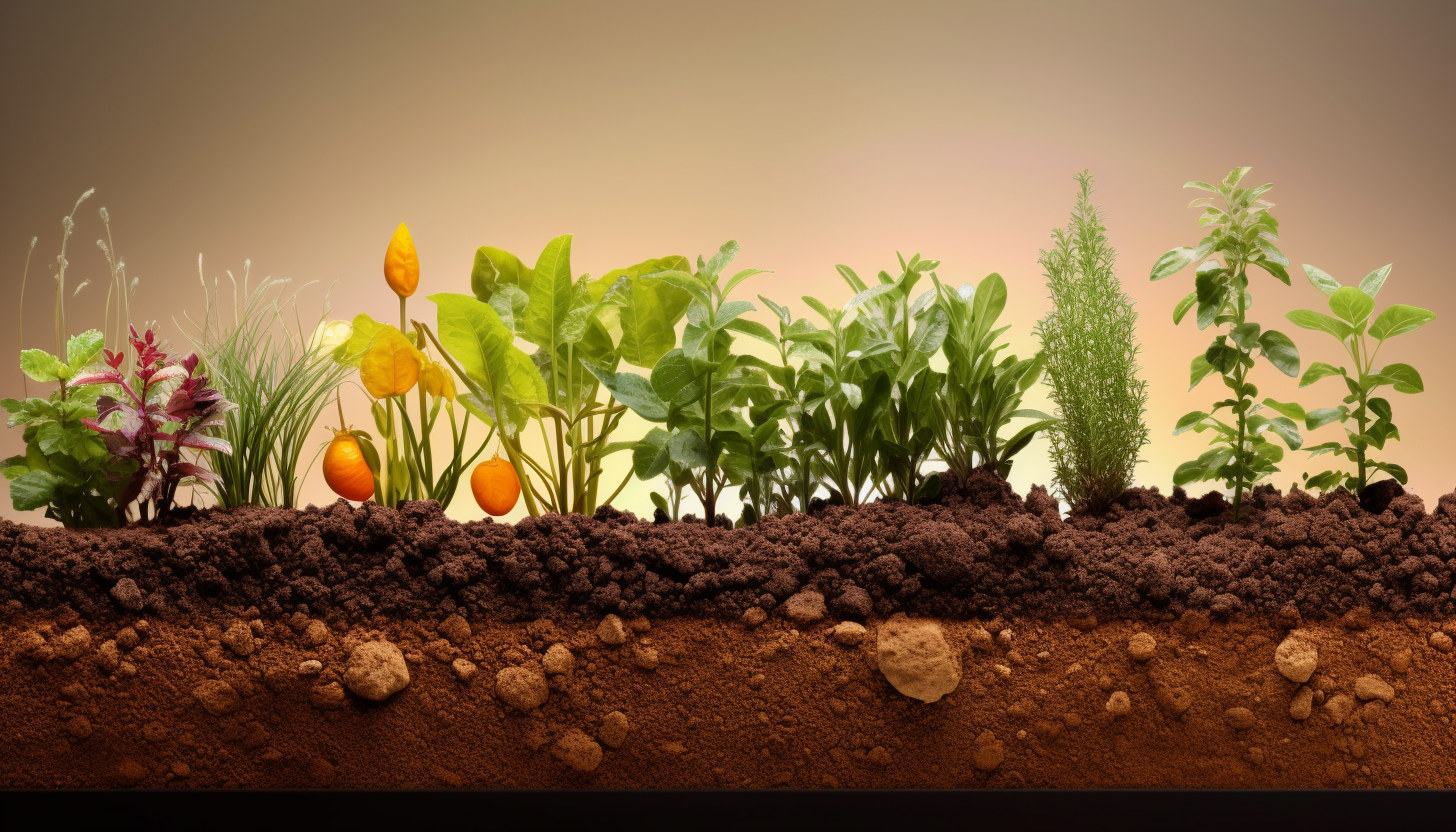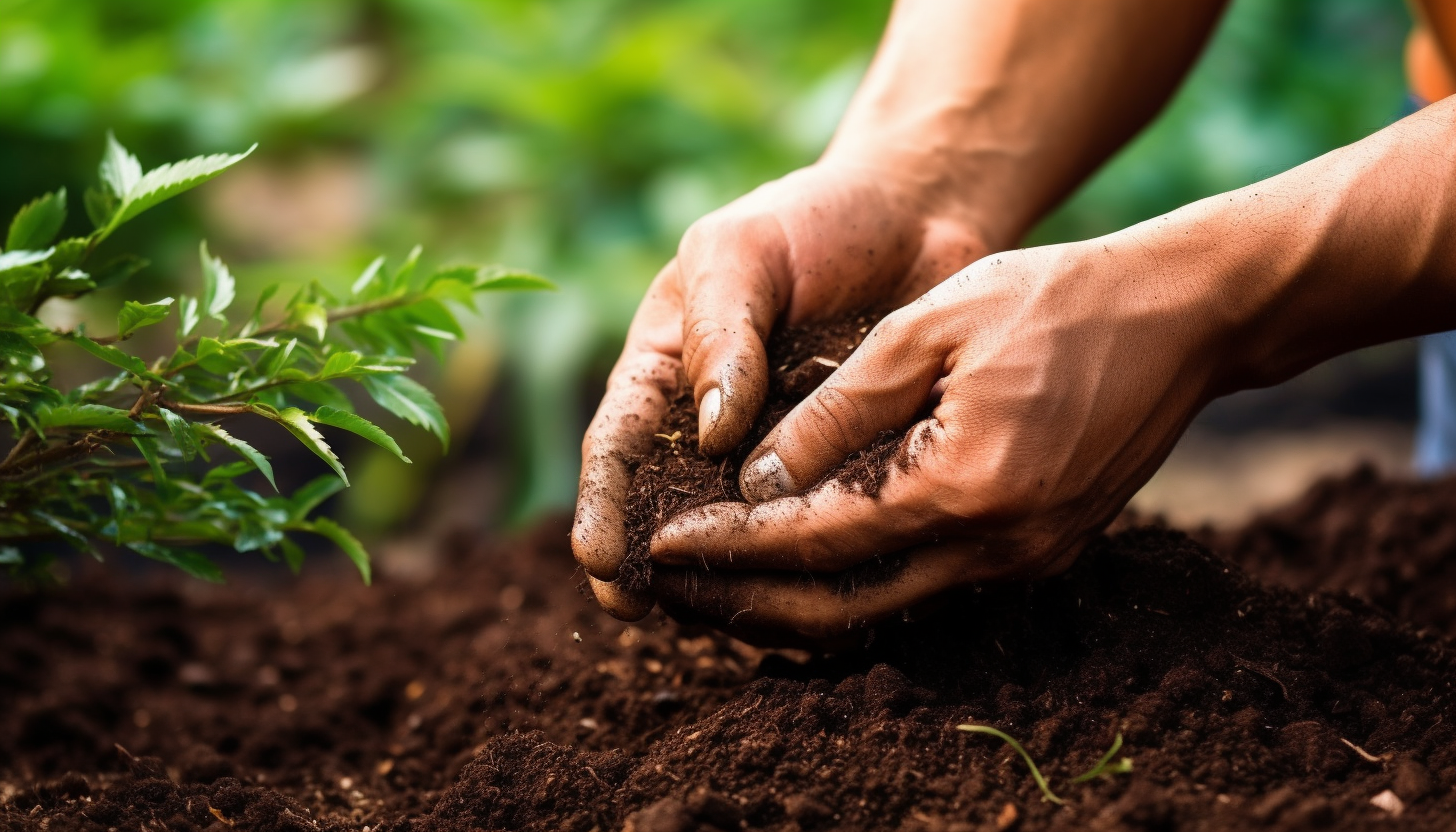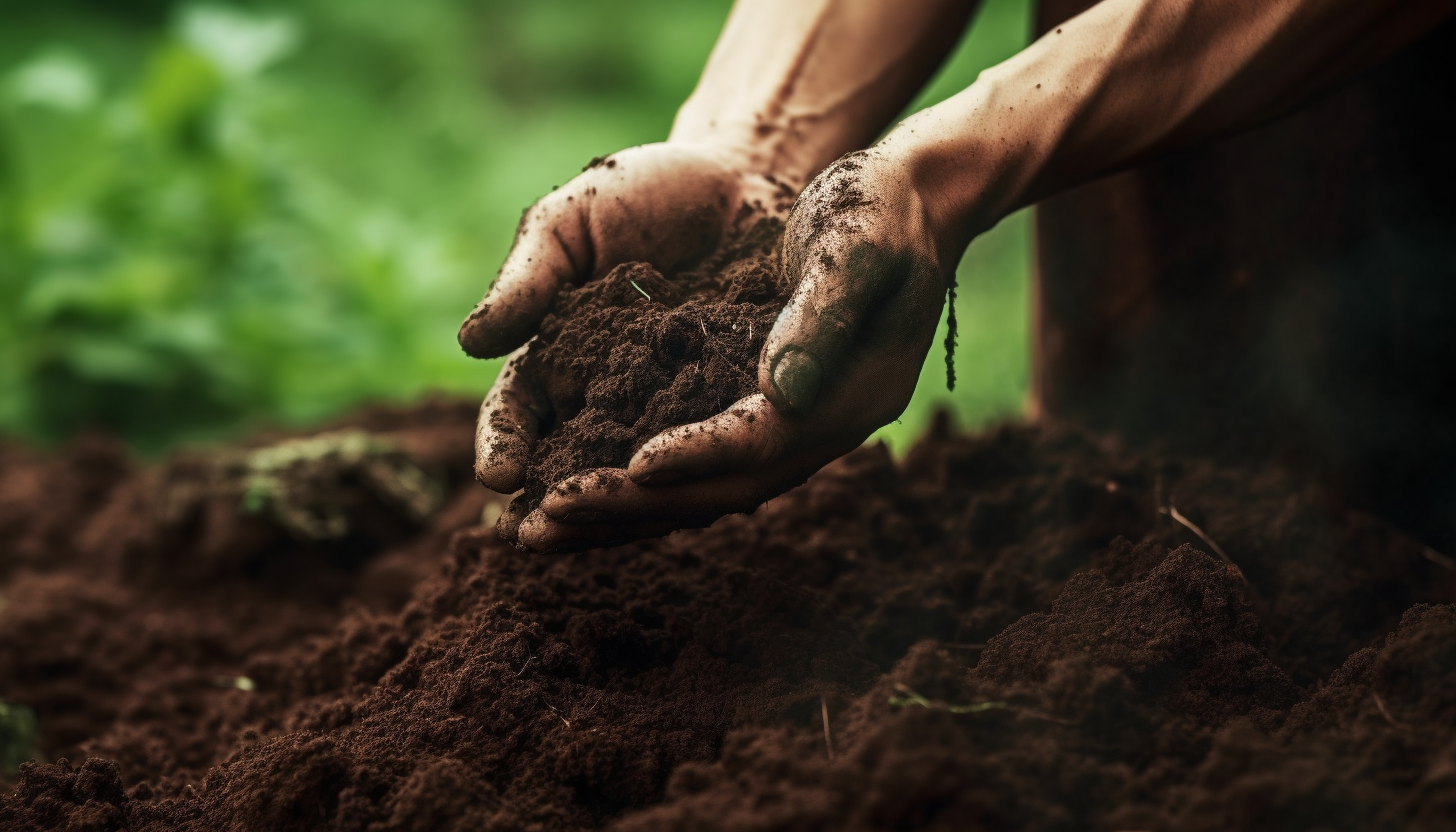P
May 28, 2023
Understanding Soil pH and Its Impact on Plant Growth
#Soil pH
#Plant Growth
#Soil Chemistry
#Acidic Soil
#Alkaline Soil
#pH Level
#Soil Test
#pH Meter
#pH Adjustments
#Amendments
#Plant Selection

soil-ph-impact-plant-growth-thumbnail
Understanding Soil pH
The pH level of a soil is a measure of its acidity or alkalinity. pH stands for 'potential hydrogen', which is a measure of the hydrogen ion concentration in a substance. The pH scale ranges from 0 to 14, with 0 being most acidic, 14 being most alkaline, and 7 representing neutral. Soil pH is an essential factor that determines the health of plants, the availability of minerals, and the stability of the soil. It also determines the availability of nutrients to plants. Soils with a pH level lower than 7 are considered acidic, while those with a pH level higher than 7 are considered alkaline. Understanding the impact of soil pH on plant growth can help you improve your gardening efforts and increase the health of your plants.
The ideal pH level for most plants is between 6 and 7. Plants prefer slightly acidic soil because they can easily absorb the nutrients they need. However, certain plants, like blueberries and rhododendrons, prefer slightly alkaline soil. Soil pH can be altered by applying or removing different types of amendments. Adding organic matter like compost or leaf mold can increase the pH of the soil, while adding sulfur or crushed granite can lower the pH. Soil tests can be conducted to determine the pH level of your soil, and pH meters can help you measure the pH level.
Understanding Soil Chemistry
The pH level of a soil is determined by its chemical make-up. Soil chemistry refers to the combination of minerals, organic matter, and gases present in the soil. It is these elements that determine the pH level of the soil. The minerals found in soil, such as calcium, magnesium, and potassium, can affect the pH level. Calcium tends to raise the pH level, while magnesium tends to lower it. Potassium can either raise or lower the pH level, depending on the type of potassium. Organic matter, like decaying plant and animal matter, also affects the pH level. Compost and other organic amendments tend to increase the pH level, while humus can lower the pH level.
pH Level, Soil Test, and pH Meter
The pH level of a soil can be measured using a pH meter, which is a small device that measures the hydrogen ion concentration in a substance. To measure the pH level, a small sample of soil is placed in a glass tube with a indicator solution. The indicator solution changes color depending on the pH level of the soil sample. The color change is then read by the pH meter. A soil test can be conducted to determine the pH level and other properties of the soil. A soil test involves sending a sample of soil to a laboratory, where it is tested for nutrients, pH level, and other chemical properties. The results from the test can then be used to amend the soil appropriately.
Amendments and Plant Selection
When adjusting the pH level of a soil, it is important to consider the plants that will be growing in the soil. Certain plants, like rhododendrons and blueberries, prefer slightly alkaline soils, while many vegetables and flowers prefer slightly acidic soils. When adjusting the pH level, it is best to do it gradually, over several years, to allow the plants time to adjust. Organic matter, lime, and sulfur are all amendments that can be used to adjust the pH level of the soil. Lime can be used to raise the pH level, while sulfur can be used to lower it. When choosing plants for your garden, it is important to consider the soil pH and ensure that the plants you choose can tolerate the pH level of your soil.


